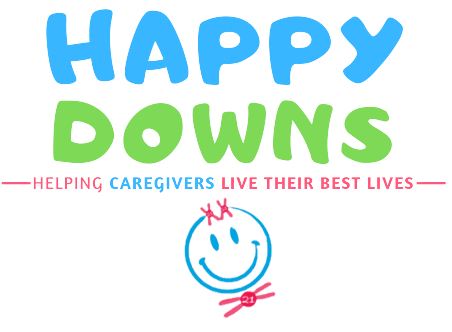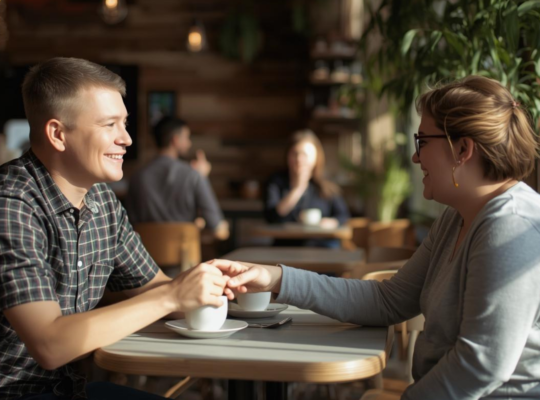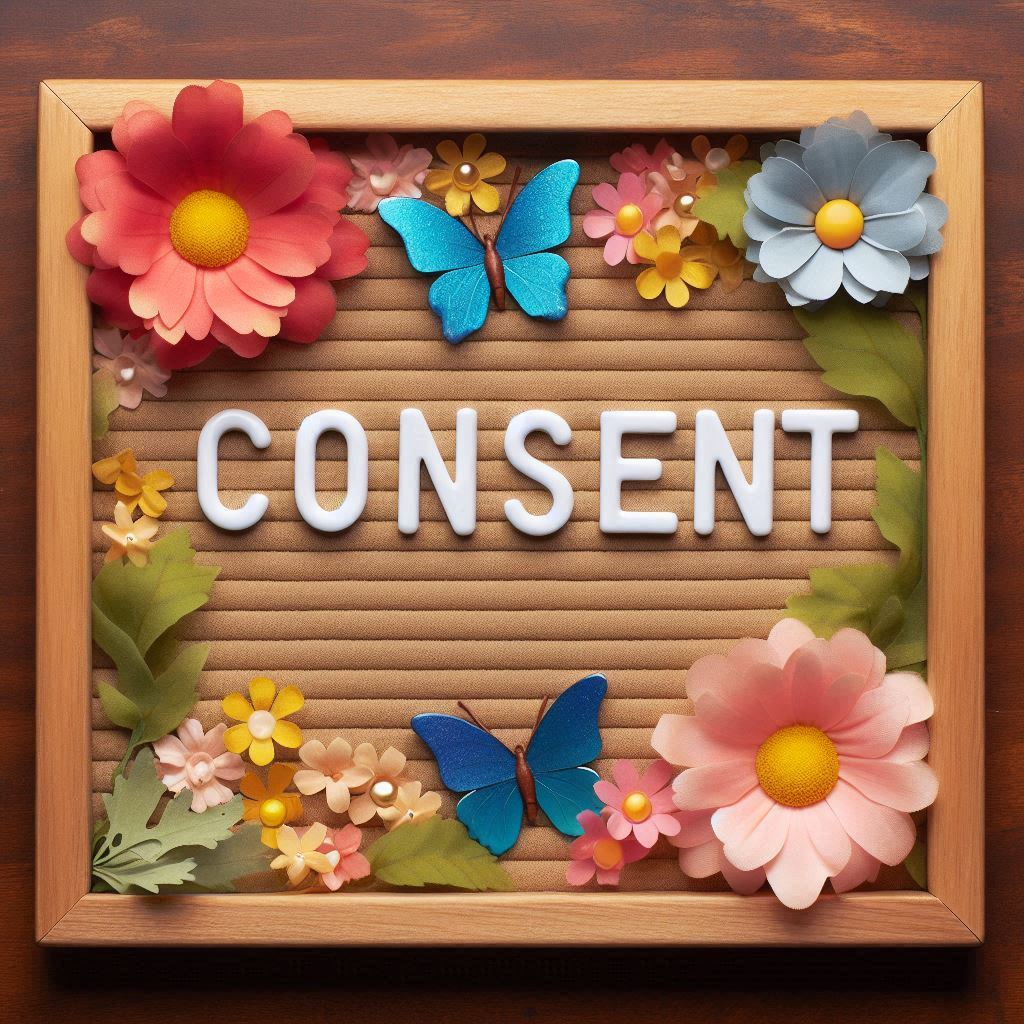This post contains affiliate links. This means that if you click on a link in this post, we may be compensated, at no extra cost to you. Please see our Terms of Use & Privacy Policy for full details.
Sex and Down Syndrome…for some reason, it is believed by some persons that people with Down Syndrome are “forever children”, thus, sex, sexual desires, sexuality is a non issue. Ha! That’s what you call Fake News. Persons with DS develop physically just like everybody else. Females deal with their periods and body development, males deal with erections and ejaculations and their body development; and they all deal with the hormones and feelings that come along with this journey of growing up.
Persons With DS Want to Have Sex
Newsflash: Persons with DS want sex too. Yes, they have sexual desires just like the rest of us. Therefore, the whole girlfriend/boyfriend thing is a reality…some even want to get married and have children…and they can have children.
Because of this reality, we must teach our loved ones that:
- Their body belongs to them and no one else
- Their feelings and desires MATTER and they should be free to voice these feelings
- They have the right to say “No”
- No one should touch them without their permission
- Respect goes both ways
So, Let’s Get Our Heads Out of The Sand
Let’s accept reality and now see how we can prepare our loved ones for the world of relationships & sex:
- Get comfortable with talking about sex. If you are not comfortable, your loved one will know and that will make them uncomfortable.
- Teach your loved one about his/her body.
- Be open & POSITIVE when talking about sex. Do not demonize sex…it’s a good thing, not a bad thing. The choices persons make in relation to sex is what can turn it into a “bad” thing.
- Teach your loved one about CONSENT. Sexual Assault is unfortunately too common, so we must all learn to set boundaries AND respect the boundaries of others.
- Keep things simple when explaining stuff.
- Allow your loved one to ask whatever questions they may have.
Recommendations
I know it’s hard to talk to your child or loved one about sex. Some of us never have such a conversation…EVER. Trust me, I get it. I had to force myself to get over the awkwardness and it’s still a struggle today for me. But, I know it’s important that I have these conversations with my sister, as I want her to understand that (especially as a woman) her desires and wants in a relationship are just as important as the man’s. She should be respected in a relationship, not used.
So, here a few resources that I think could help you out:
- Elevatus Training https://www.elevatustraining.com/. This website provides online courses for caregivers and professionals that help them educate their loved ones/patients/students/clients about sex and relationships
- Teaching Children with Down Syndrome about Their Bodies, Boundaries, and Sexuality. This book gives ways on how to approach various topics relating to sex and there are also some beautiful illustrations.
- Talk about Sexual Assault and other negatives that can happen in relationships. Our conversations must be balanced…we must mention the good as well as the bad, so as to paint a realistic picture of life to our loved ones. Visit https://www.nsvrc.org/ for information and resources.
All the best! Let us know if the resources worked for you. Do you have any tips that you would like to share with us? Share them in the comments below.







Hey Alicia. I’m here again lol. What an eye opener and educative post. I haven’t talked about sex with my family before but I don’t know why I can’t. We talked about almost everything and stuffs going on in our lives. I think I need to change this but can you kindly give out tips on how to start the conversation. Thanks
Hi Alex,
What I’ve found with parents or whomever raised us is that they are uncomfortable bringing up the subject, especially when we are children. I have observed that once we become adults and approach them seeking advice on relationships and then slowly bring up something related to sex, they are more willing to have the conversation.
Cheers.
This is what I refer to as a rare diamond: this piece is simple, precise and straightforward, yet it addresses a very important issue. Teaching people with Down Syndrome about sex and consent is actually good. It enlightens them on how to maintain their stance in a sexual relationship and teaches them how to protect themselves from being assaulted. Though, it may feel awkward at first, overtime it becomes normal. I like your suggested trainings and offers to help.
Thanks so much for delivering this top notch write-up to the world.
Thank you RoDarrick for your kind words and for sharing your thoughts on the topic with us. Yes, I believe that we can overcome the awkwardness that comes with having these conversations with time…we just need to start having these conversations.
Cheers!
This is really a wonderful article about an important topic. Like seriously, many parents forbid their children to talk about sex, they have planted into their heads the wrong picture about sex. No room for sex education and thus, many children grow up with the notion that until “I grow up then I can talk about sex”. Some have sexual challenges which they need an adult or parents to share with but they couldn’t. I am also a victim but I just had some courage to let my siblings know about the reality of sex because it really helps to know especially when to say yes and no and how to correctly express one’s feelings.
Hi Brent,
I am happy you stepped up and spoke to your siblings about the ever so important topic of sex. You are absolutely right that parents/adults paint the wrong picture about sex to children/teenagers and this leads to persons not understanding how to respect themselves and others.
We have a long way to go, but we’ll get there one conversation at a time.
Cheers!
Even in this day and age, many people have a hard time thinking of those with Down Syndrome as sexual beings. Like you said, there is this perception that they are permanently children. This is simply untrue; they have the same desires, feelings and emotional needs as everyone else. I agree with you that it’s extremely important to have open and honest discussions with our dependents with Down Syndrome so they are prepared to defend themselves against sexual predators as well as contraception and STD prevention. From what I’ve read the pregnancy rate for Down Syndrome females is considerably lower than the general population, although of course it’s still a possibility. Do you know if this is in fact true?
Thank you!
Hi Lynn,
Thank you so much for taking the time to read this post and for sharing your thoughts. It is said that approximately 50% of all females with DS are indeed fertile, we briefly touched this topic in a past article entitled “Can People With Down Syndrome Have Children?”. Males with DS are less fertile, but it’s still a possibility.
Personally, I believe that as long as the possibility exists, we need to prepare our loved ones with DS for sex and all the things that come along with it…children, STIs, predators, etc. Thanks again for visiting HappyDowns. Feel free to stop by again any time.
Take care!
Thank you for touching on this subject – helping to educate those with misconceptions of down syndrome and providing support for those with down syndrome or a loved one with it in regards to the topic of sex. I think many will find this information helpful. I don’t personally know anyone wit DS but this helps me to better understand those with it – that they aren’t much different then the rest of us :).
Hi Sherry,
Thank you for visiting HappyDowns. I am happy to know that this article helped you to see that people with DS are no more different than the rest of us.
Cheers!